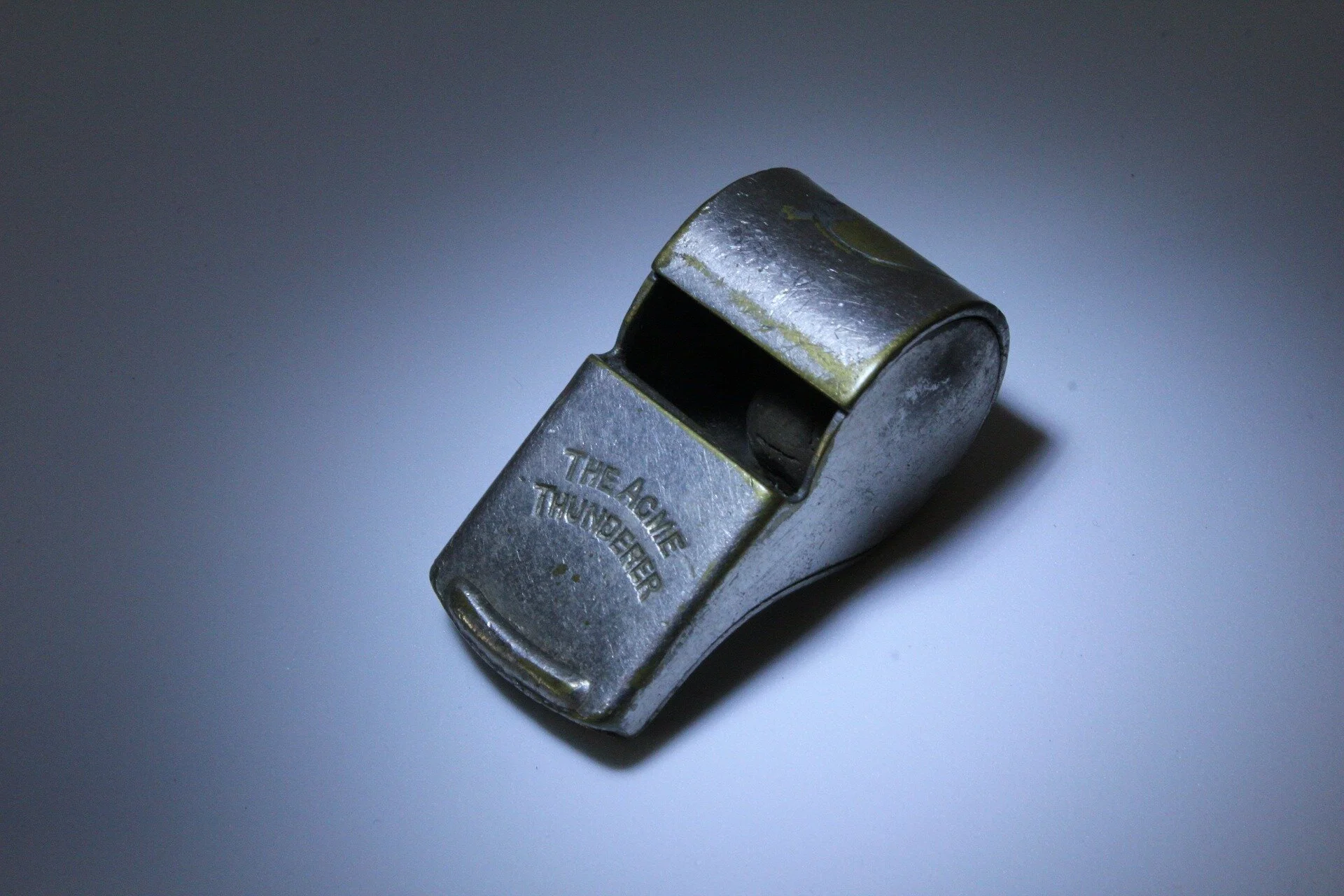What is Whistleblowing and What Does it Mean For Me?
Are you worried about whistleblowing? Or unsure where you stand if you have to report something your employer has done? Our handy guide to whistleblowing is here to help.
What is Whistleblowing?
Whistleblowing is the act of reporting a company’s wrongdoing from the inside. The term seems unpleasant, and it does indeed carry plenty of stigma and possible legal repercussions. Before you ‘blow the whistle’ on your employer’s law-breaking behaviors, seek legal advice.
For whistleblowing law to cover you, you need to check the following two points:
You must believe that you’re acting in the public interest.
The whistleblowing behavior you’re reporting involves criminal offenses, breach of legal obligations, miscarriages of justice, endangering someone’s health and safety, damage to the environment, or covering up wrongdoing from any of these.
What Does It Mean For Me?
Whether you’re a whistleblowing employee or you have an employee who has blown the whistle on you, it can be a stressful event to deal with. Below, you will find a handy guide to how whistleblowing affects you. You’ll find even more advice at https://whistleblowerinfocenter.com/.
As an Employee
If you’re protected by whistleblowing law (see What is Whistleblowing?), then you can’t lose your job or be mistreated because you reported illegal activity or dangerous situations. Personal issues like bullying, harassment, or discrimination, are not covered by whistleblowing law, and you should research the right way to report these issues. Seek legal advice if you’re not sure. If you believe other people have mistreated you and broken the law in doing so, then always work with a
criminal attorney. Provide them with the facts of your case so they can proceed along the optimal lines, ensuring you get an outcome that provides you with the justice you require. This could include compensation, but it may also mean that the opposing party must serve a custodial sentence. These consequences protect you and the wrongdoing parties.
As an Employer
To better protect your company and your staff, it’s best to have a whistleblowing policy in place. However, this is not a legal requirement. Nevertheless, if you have a clear policy in place, it is much easier to navigate the potentially disastrous legal issues of a whistleblowing case.
It can help to seek legal advice to develop a sturdy policy to have a plan for dealing with a whistleblowing case before it happens. That way, you are fully prepared and have a set procedure to follow if and when it does occur.
Some other benefits of whistleblowing policies are making your employees feel safe, listened to, and protected. Also, they will know that complaints will be taken seriously and that’s it’s safe to report wrongdoings.
What Support is Available for Whistleblowers?
Usually, you will report any wrongdoings to your employer or a regulatory body, like the Care Quality Commission. Most employers have a whistleblowing policy in place, and even if they don’t, you should not be treated unfairly if you raise a complaint.
If you do end up being treated unfairly after whistleblowing, you can access support at your local Citizen’s Advice centre or ACAS, the whistleblowing charity.
Whistleblowing carries a lot of stigma, but it’s essential to report any illegal or harmful activity to the appropriate channels. You should not lose your job, but if you do experience unfairness, dismissal, or discrimination, there is support available. Keep this handy guide to whistleblowing close to hand, and you’ll always have all the information you need.











That’s the trap so many small businesses fall into, and while sure, there’s plenty of online marketing trends that are constantly coming and going, well, it’s a lot of time, energy, and of course, lots and lots of money, and it’s all in the hopes of getting noticed (and sometimes thinking that it’s literally the only way to get noticed too.